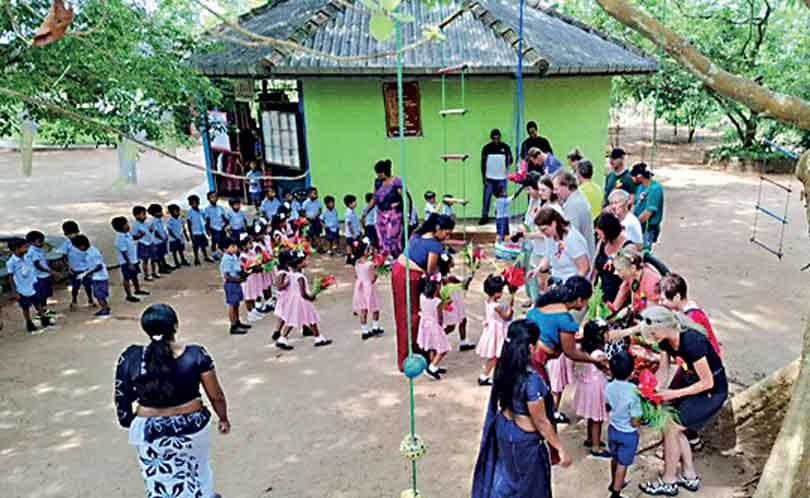
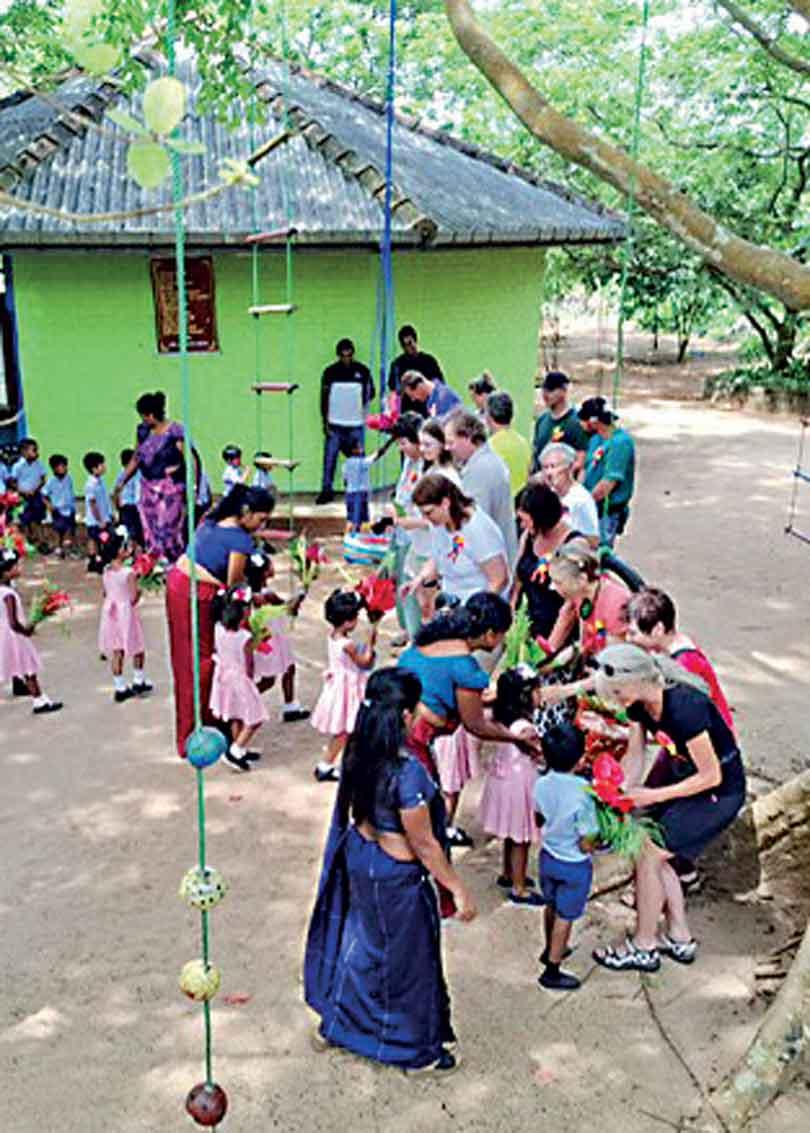
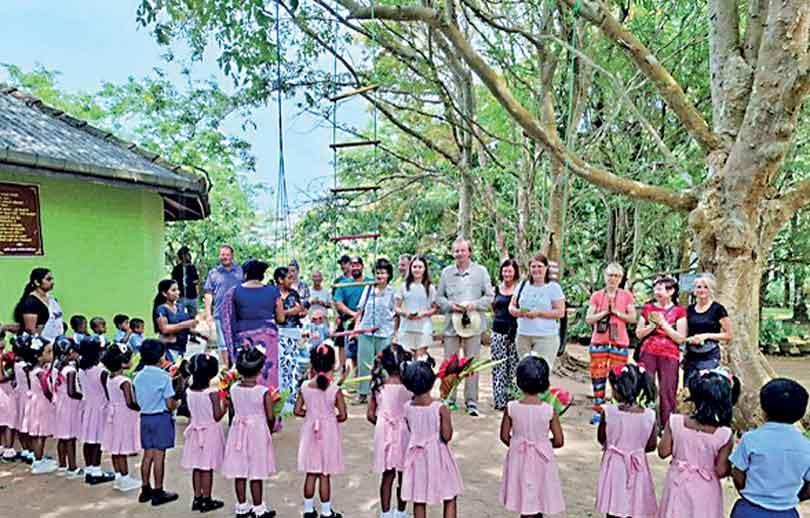
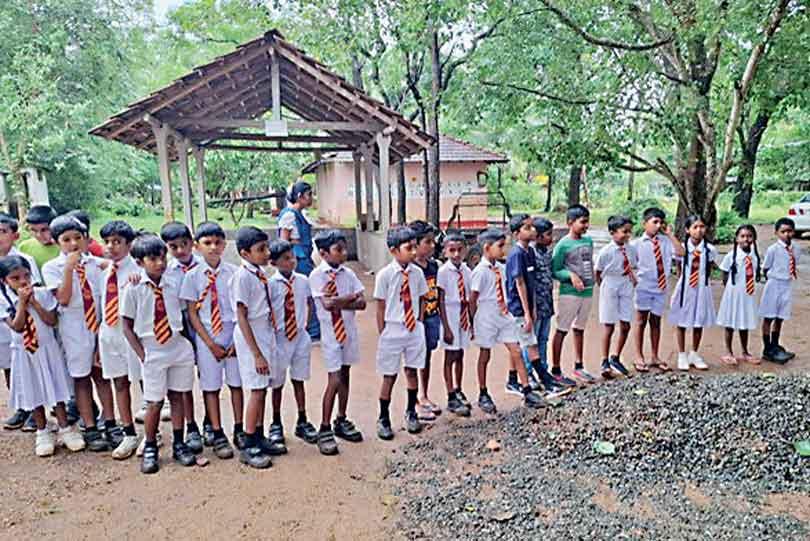
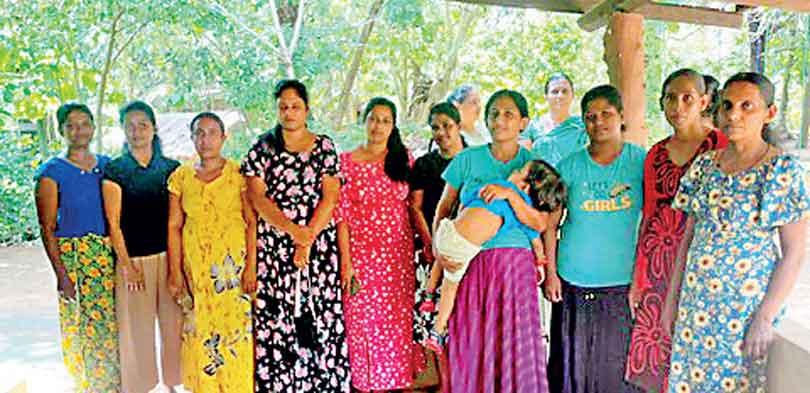
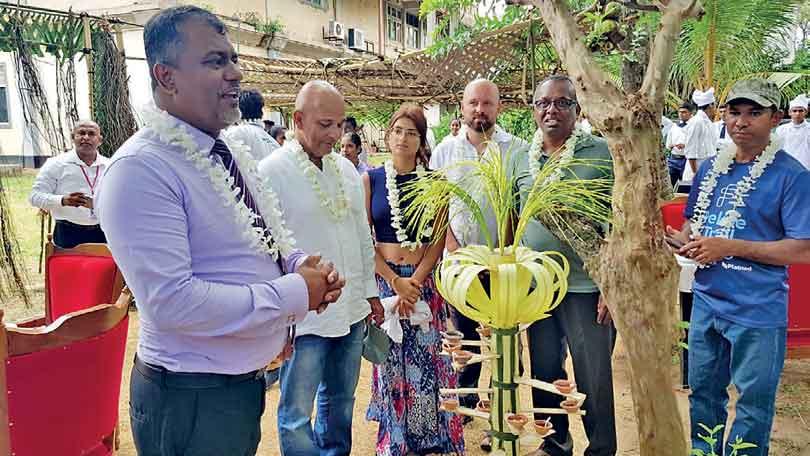
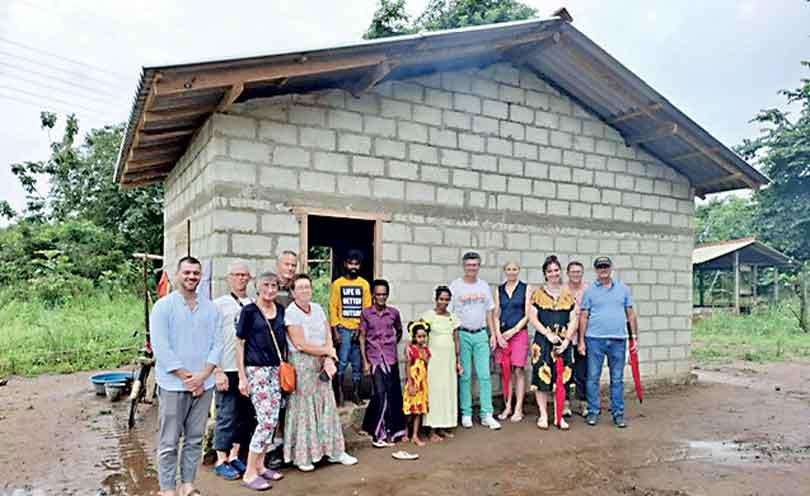
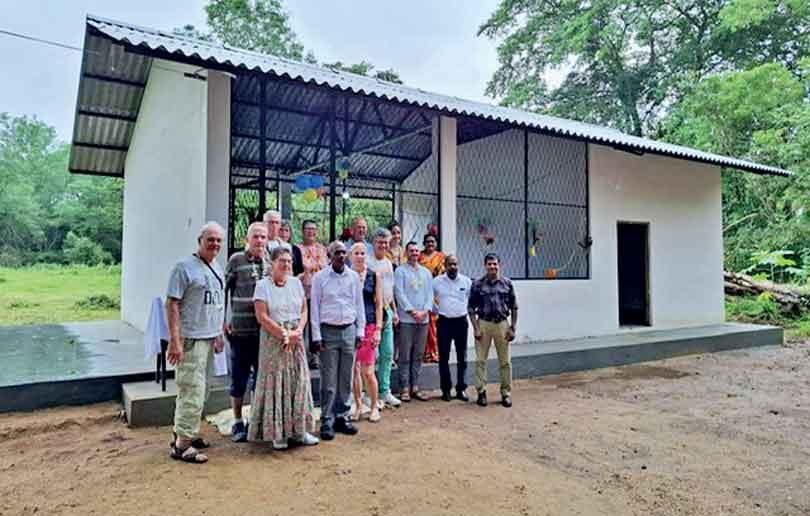
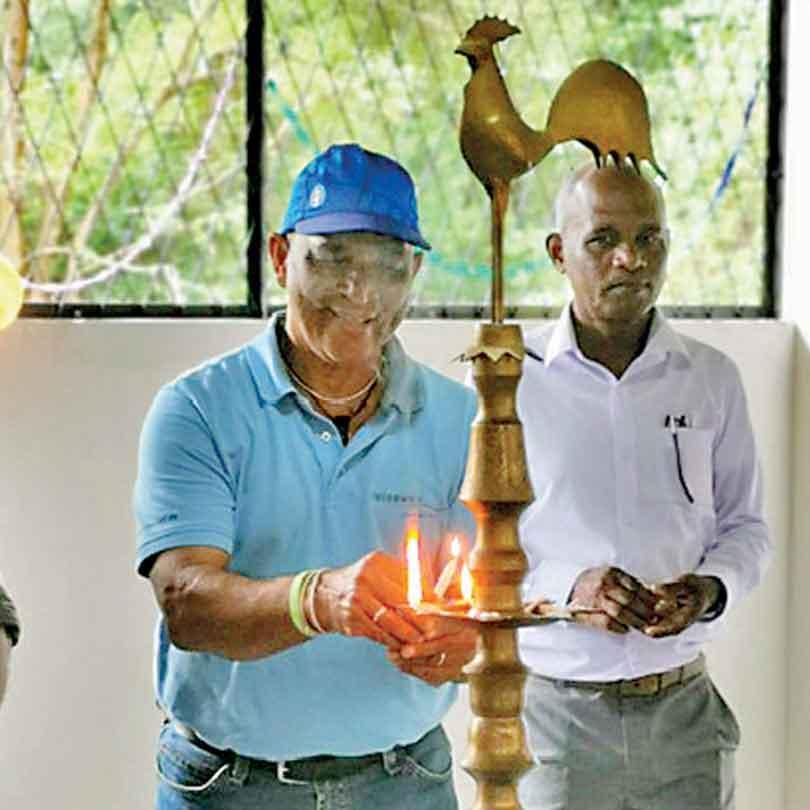
I had the privilege of accompanying Ivor to one of his staff meetings in Kekirawa, where 38 teachers gathered to brainstorm ways to integrate the government’s “Clean Sri Lanka” initiative into their schools and local communities
By Rochelle Palipane Gunaratne
As a journalist, few things excite me more than being granted a front-row seat into the lives of remarkable individuals whose journeys are deeply intertwined with compassion and impact. One such person is C.V. Wijeratne, a veteran chef, academic, and dear friend of my father. For years, I’ve been nudging “CV Uncle” to sit down for a formal interview. While he remains elusive to the spotlight, his stories often lead me to others who are just as quietly extraordinary.
It was during one of our nostalgic conversations that CV Uncle spoke of his longtime friend, Ivor Vancuylenberg. A name unfamiliar to the public perhaps, but profoundly respected by communities in Kekirawa, Dehiattakandiya, Trincomalee, and beyond. Ivor, a Sri Lankan-born hotelier now based in Germany, has dedicated more than three decades of his life to transforming early childhood education in under-served areas of Sri Lanka. And his journey into philanthropy is as serendipitous as it is inspiring.
A Seed Planted on the Roadside
In the late ‘80s, Ivor returned to Sri Lanka after completing his studies in Switzerland, having trained at the prestigious Hotel and Tourism School. With fluency in German and a love for connecting with people, he began helping a friend by picking up German-speaking tourists at the airport. What began as a temporary gig soon evolved into a full-fledged guiding job, one that would set him on a course that had little to do with hospitality and everything to do with humanity.
In 1991, during a routine trip with tourists, a spontaneous request to see a school led Ivor to a humble primary school in Kekirawa. The group had brought two suitcases of clothes to donate, and rather than handing them out randomly, Ivor chose to give them to the school. The Buddhist monk who received them later sent Ivor a handwritten letter with detailed accounts of how the donations were distributed. Touched by the integrity and accountability, Ivor paid a visit to the temple. That visit changed everything.
Building Blocks of Change
What followed was a small but significant donation from the tourist group, 1,200 Deutsche Marks, which Ivor used to install fans and mosquito nets in a boys’ orphanage in Kelaniya. The generosity didn’t stop there. With encouragement from friends in Germany, he helped establish a charitable foundation in 1993 to support educational projects in Sri Lanka. Ivor became the vice-president, while his travel agent friend took on the presidency. Their mission was simple but powerful: to empower children through education. That same year, on Sri Lanka’s Independence Day, 4th February, they inaugurated their first kindergarten in Kekirawa, beginning with just 22 children and one dedicated teacher. Since then, the initiative has blossomed into a network of kindergartens and schools, reaching over 1,200 children annually across several rural regions. Today, Fulda Kindergarten stands as a testament to what consistent, heart-driven work can achieve.
More Than a School
I had the privilege of accompanying Ivor to one of his staff meetings in Kekirawa, where 38 teachers gathered to brainstorm ways to integrate the government’s “Clean Sri Lanka” initiative into their schools and local communities. I was struck by how deeply involved he remained, not just in administration but in dialogue, in listening, and in empowering the very people who implement the work on the ground. Each teacher was tasked with presenting not just ideas for school improvement but also for enhancing family welfare, proving that for Ivor, development is never isolated; it is holistic.
Lessons from Abroad, Rooted at Home
Now residing in Germany with his lovely wife and two daughters, Ivor brings insights from Europe’s education systems into his work in Sri Lanka. He took six years off from his career to raise his daughters, immersing himself in their early childhood experiences. That time, he says, shaped his understanding of what true early education should look like, playful, nurturing, and structured. It’s a philosophy he’s instilled into the programmes here. Through small annual contributions, just €80 per child, the foundation provides books, uniforms, tuition fees, school supplies, and more. The funding model is modest, yet the impact immense.
Generational Echoes
Over 33 years later, Ivor’s work has begun to bear intergenerational fruit. Some of the earliest children who passed through his kindergartens now return as parents, business owners, and community leaders. “My dream was always the second generation,” he says, noting how many of the parents from the first generation were illiterate and had never attended school themselves. “But they believed in giving their children a better chance.” On our visit, we met a young man who now runs a pottery business, one of the many who started life at Fullton and have since built something of their own.
The Quiet Hero
For someone who avoids public attention, Ivor Vancuylenberg’s legacy is loud and clear in the laughter of children at play, in the dignity of teachers who feel seen and supported, and in the handwritten letters of gratitude that still arrive from remote corners of the island. His story is a reminder that philanthropy doesn’t always require fanfare. Sometimes, it begins with a suitcase, a sincere heart, and a willingness to show up again and again. And in this world, we need more Ivor Vancuylenbergs; people who lead not from the front, but from among.










